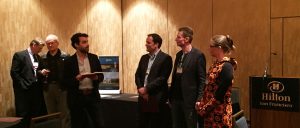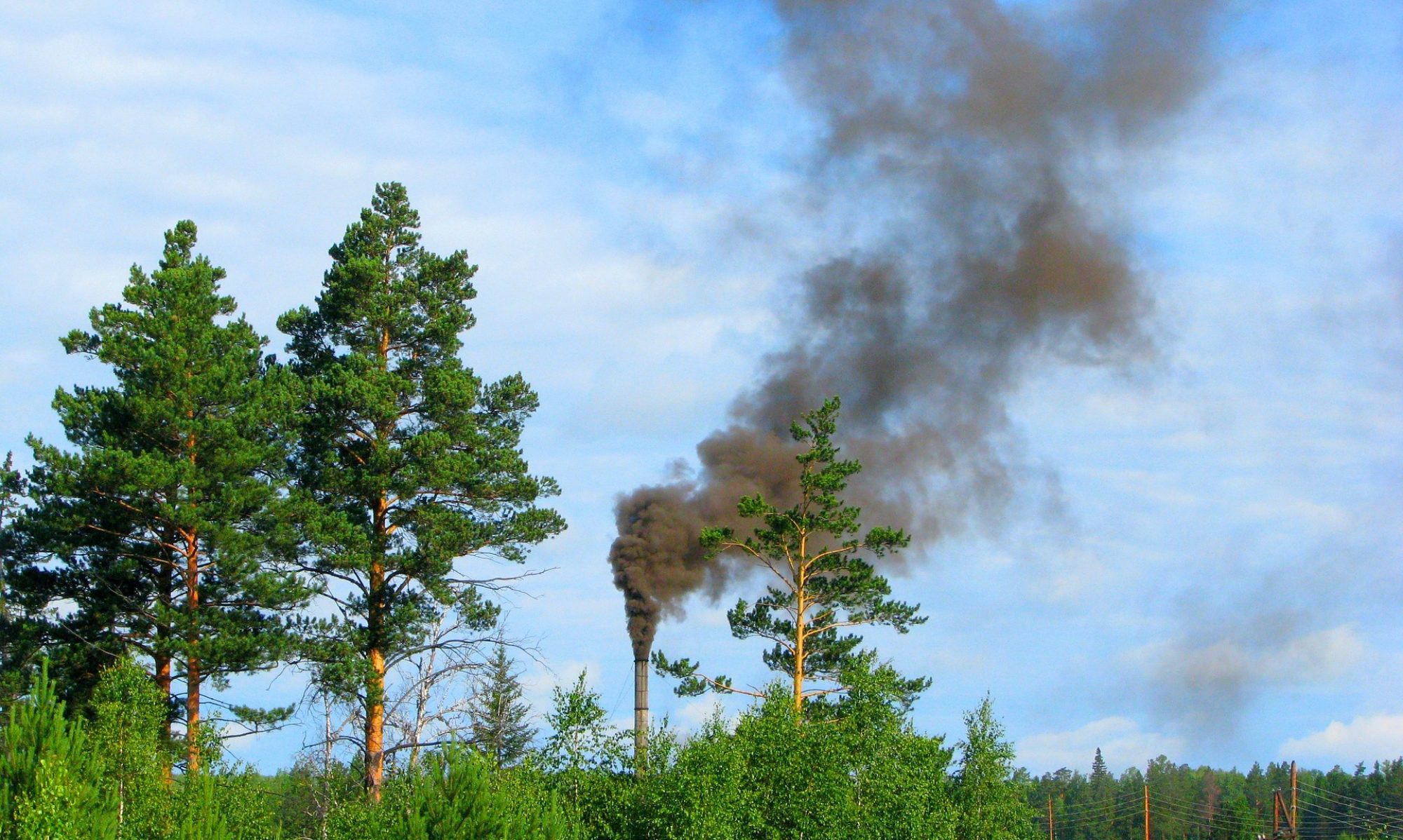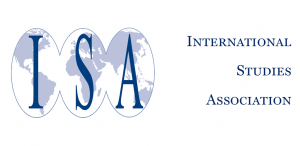Russian digital media Fontanka.ru published yesterday an article “Delyagin is afraid to be left without heat and light because of the Finns” (Делягин боится остаться без тепла и света из-за финнов), where an interview with Professor Veli-Pekka Tynkkynen was given. Commenting on the reasons behind publishing Delyagin’s article in “Rossiyskaya Gazeta”, Professor Tynkkynen believes that there were several of them:
First, of course it is the deal between Fortum and Uniper, because of which the Finnish energy company has noticeably increased its influence on the Russian market. And secondly, it is the political situation <…>. Nowadays there is a confrontation due to Syrian issue, British Skripals’ case, so one should not exclude that this is a Finnish message – we can interfere with your Russian business.
For Russia, Tynkkynen states, energy is connected to foreign policy, For example, in “Rossiyskaya Gazeta” among other things Finland’s position on NATO is mentioned, which remains open. According to Tynkkynen, Mikhail Delyagin represents a nationalistic camp, that has a negative attitude towards foreign companies in Russia. Perhaps, he thinks, that it is an attempt of indirect influence on Finnish side. Similar tactics was used by Russia before, for example with issues concerning children, when different actors criticised Finland, but top officials did not take part in it. However, Veli-Pekka Tynkkynen is certain that “the attack on Fortum makes no sense”.
For Russia it is not very wise to threaten Fortum, that made the project of nuclear power plant “Hanhikivi 1” construction possible – the project that is carried out in Finland by Rosatom.
Read the full article here.






